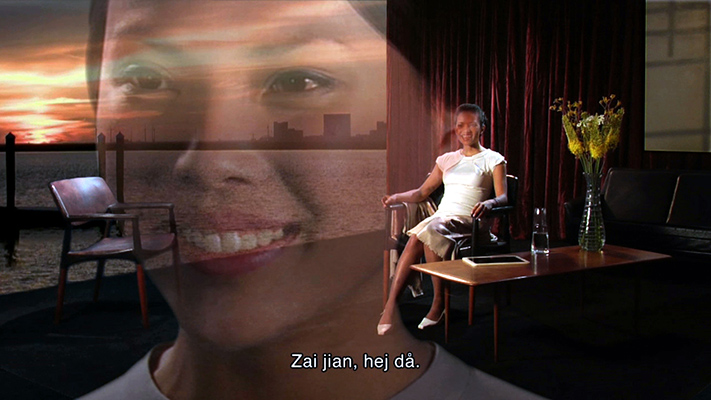Museums used to be like mausoleums, places in which objects, artifacts, and works of art were classified and preserved from decay. This mission of preservation has made museums the antithesis of “life,” since life is in permanent transformation, and museums were conceived as places outside the normal flow of time.
Contrary to this concept, the Moderna Museet, established 1958 in Stockholm, is an emblematic “modern” museum, seeking to be actively engaged in envisioning societal futures rather than merely presenting a mummified past. It is in institutions like Modern Museet that the call for transparency and participation, which has gained critical momentum in public discourse around museums, originates. It is now an almost universally accepted demand: museums should be platforms for participation and exchange. One consequence of this effort has been the popular move away from art primarily understood as object or artifact and towards an understanding of art as a social process.
In the sci-fi-like film Museum Futures: Distributed, Marysia Lewandowska and Neil Cummings speculate what will happen once this demand has been fully internalized and professionalized by institutions. They allude to an exchange set in 2058 between the future director of Moderna Museet and a young researcher. Their conversation recounts the various adaptations that museums have undergone in the “past,” for instance, after the market for objects of art as “commodities” collapsed. It envisions the near future of the museum, which has already become a globalized, dynamic structure that constantly re-evaluates and modifies itself along permanent feedback processes, embedded in and collaborating with the market economy in new forms. In the future envisioned here, contemporary art—as a social practice plays a widely recognized role, but one cannot help but wonder, given the overtly “professionalized” character of the conversation, if this role consists more in supporting and ultimately managing the capitalist resource of creativity, in a time when dynamized, quasi-corporate institutions have penetrated all aspects of life. The ambivalence between utopian projection and critique characterizes this vision of the future role of museums in society.
Marysia Lewandowska, born 1955 in Poland, lives and works in London; Neil Cummings, born 1947 in UK, lives and works in London

